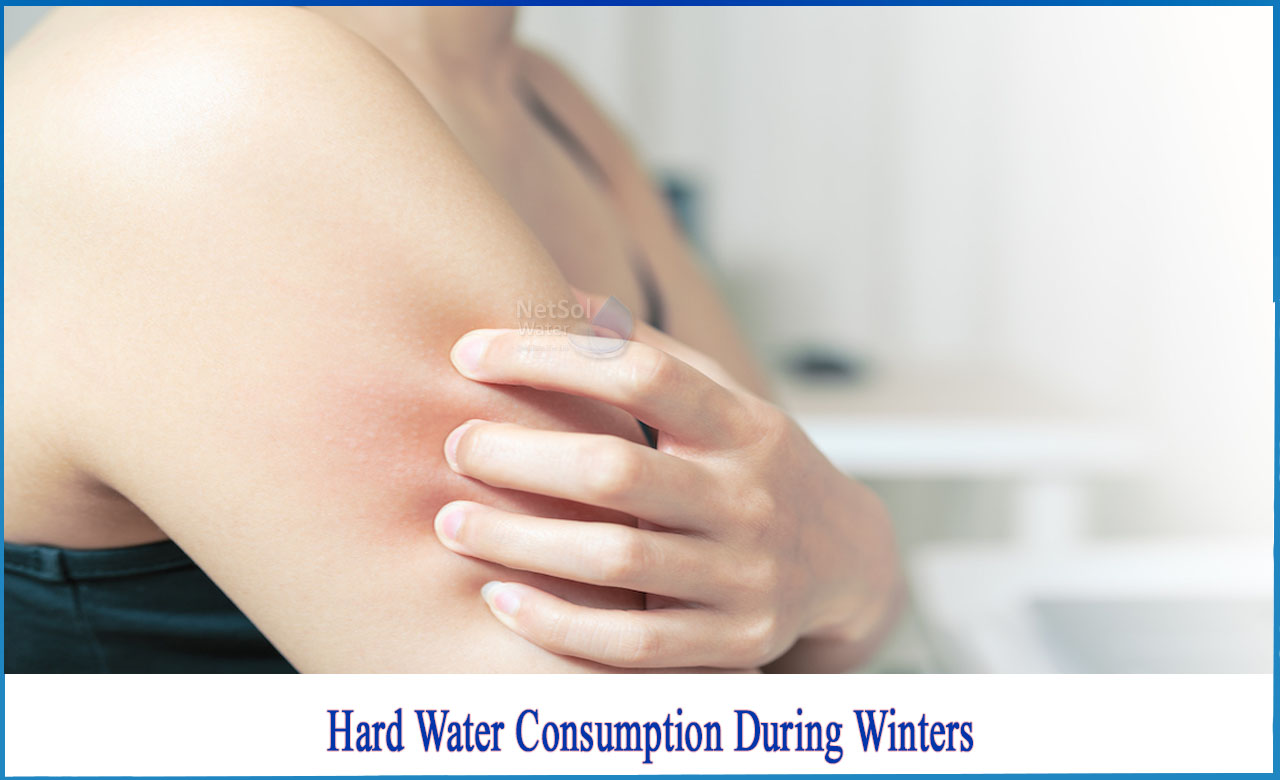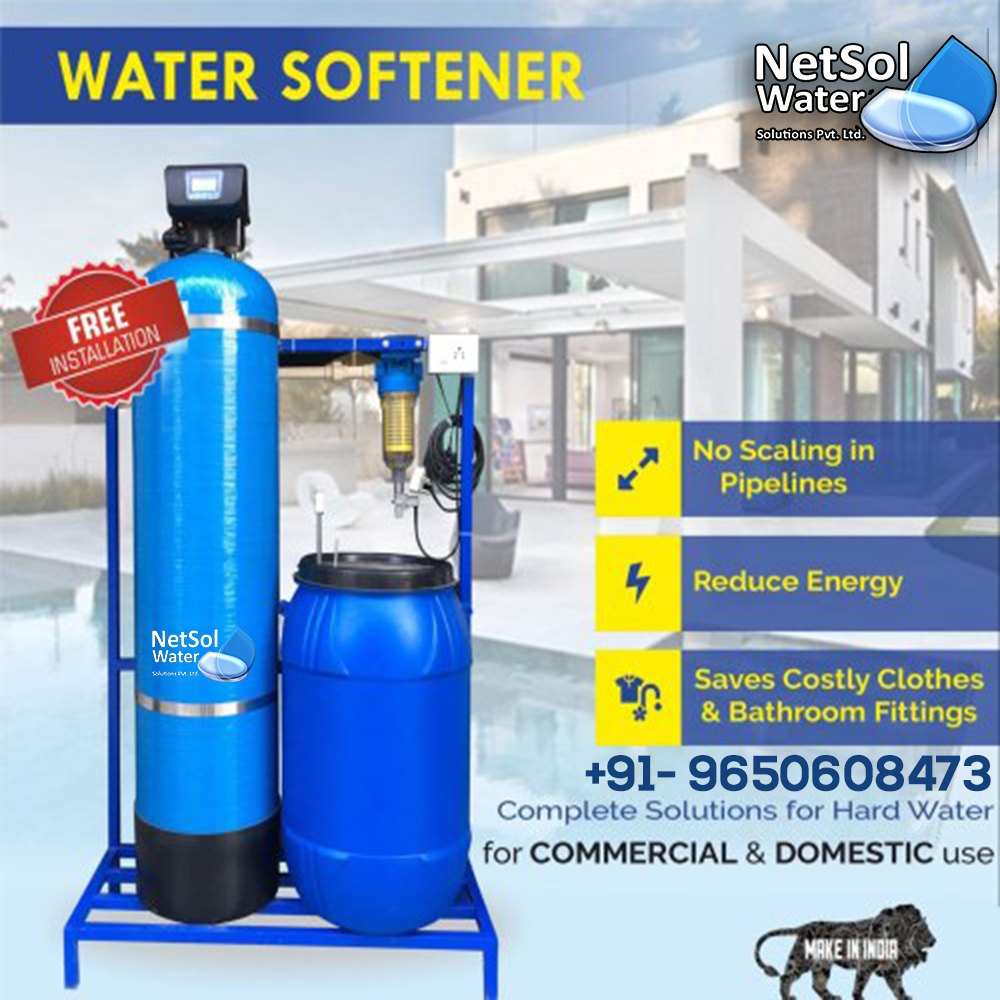With the cold temperatures, the weather alone is enough to dry out skin. Water evaporates from your skin more quickly during the winter, which may seem counterintuitive at first. This is due to the low humidity levels.
If you have hard water in your shower, your skin may begin to itch, crack, and peel. While you could spend a lot of money on expensive moisturisers, lotions, and creams, a water softener could be a better solution.
Hard water contains a high concentration of calcium, magnesium, and other contaminants. These contaminants, in turn, can irritate and dry out your skin, leaving it feeling dehydrated and itchy throughout the year.
Your skin is already at risk of drying out during the winter. You may believe that taking a shower will help moisturise your skin, but if the water is hard, the opposite will occur: your skin will dry out faster.
WHY DOES HARD WATER DRY OUT MY SKIN?
One of the main reasons hard water causes skin irritation is that it makes washing away soap residue more difficult. Instead of being washed away, soap residue adheres to your skin, sucking moisture out and clogging pores.
Calcium and magnesium both directly draw moisture from the skin and have a negative impact on the natural moisturising oils found there. Furthermore, these minerals may disrupt your skin's pH balance, leading to additional problems.Hard water can also harm your hair, making it brittle and prone to falling out.
CAN CHLORINE CAUSE ITCHY SKIN?
Yes! Water that is overly chlorinated can irritate your skin. Because chlorine is a highly toxic substance, it is frequently used in cleaners and disinfectants. Bacteria are particularly sensitive to chlorine, which is why it is added to our water. Chlorine makes our water safer to drink by killing bacteria.
Unfortunately, chlorine is still present in our drinking and shower water. Chlorine can be an irritant to our skin cells and beneficial bacterial cells when we come into contact with it. This can cause your skin to become dry. In fact, that "squeaky clean" sensation is caused by soap that doesn't completely rinse off and clogs your pores. A water filtration system is the most efficient way to remove excess chlorine from your water, making it gentler on your skin and healthier to drink.
WHEN MOISTURIZING METHODS FAIL
When a person's skin becomes very dry and irritated during the winter months, they may turn to some of the "tried-and-true" methods to help improve the moisture content of their skin. They may drink more water and avoid taking very hot baths and showers. They may try soaps containing colloidal oatmeal and slather on moisturising creams all to no avail. After trying all of these methods with no success, it's possible they're fighting a losing battle.
INSTALL NETSOL WATER SOFTENER TO HELP YOU TO DEAL WITH HARD WATER IN WINTERS
If you've tried everything to get rid of your dry skin, it might be time to install a water softener unit. Water softeners from NETSOL work by removing excess minerals from a household's water supply. Excess minerals are removed, allowing bathing products to function properly and be easily rinsed away from skin and hair. Because they are less likely to leave a residue, water, bathing, and cleaning products leave a person's skin and scalp cleaner and less irritated.




